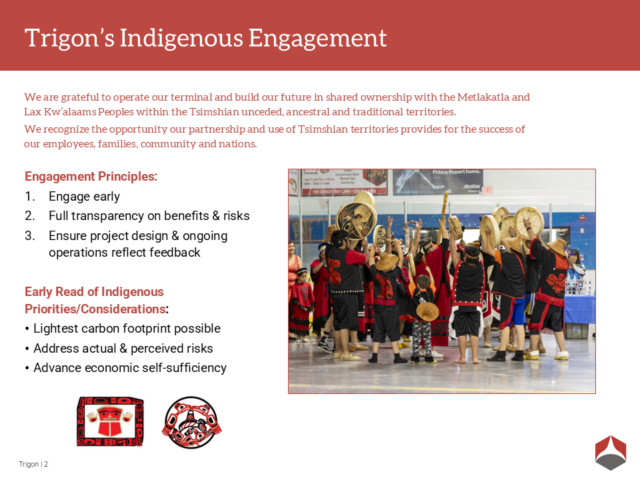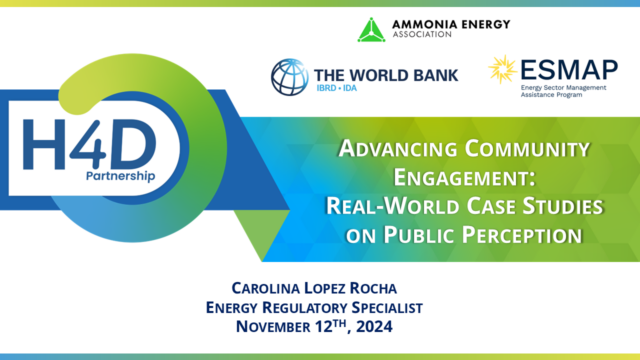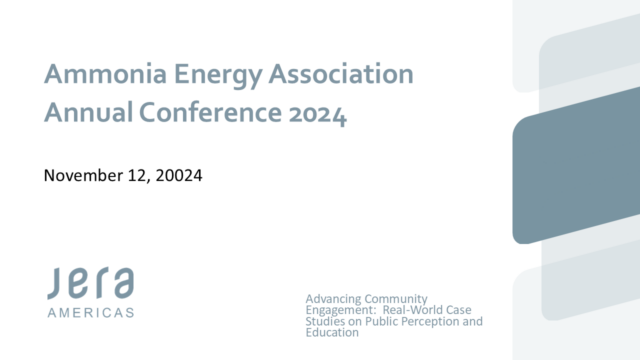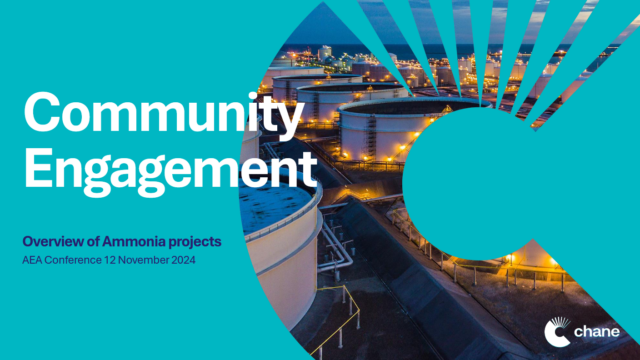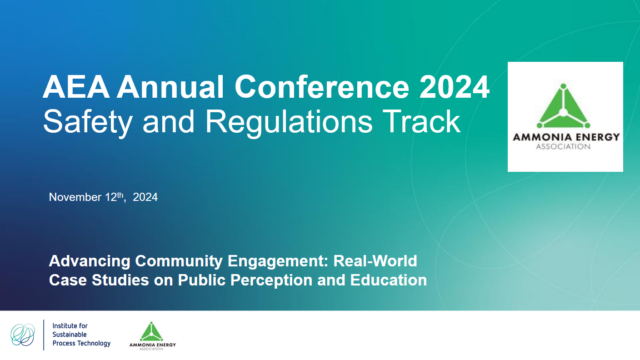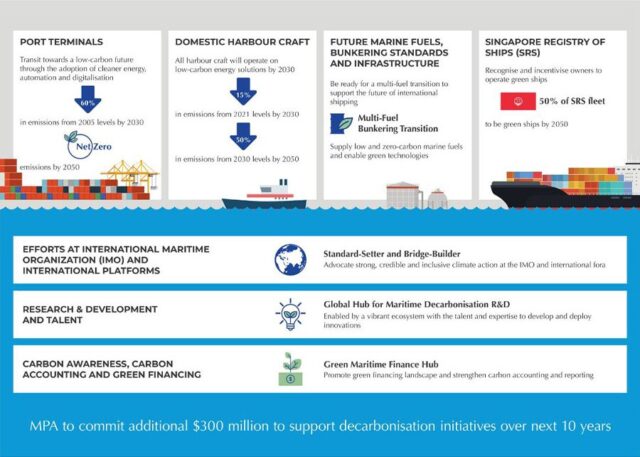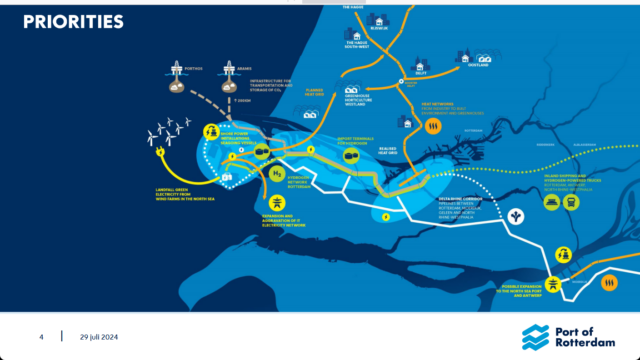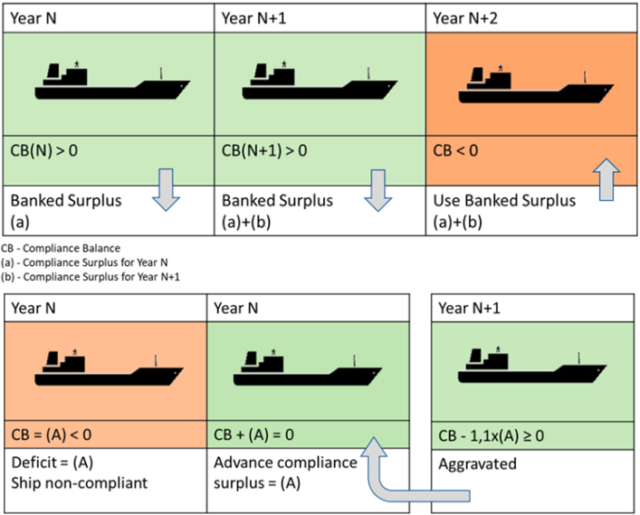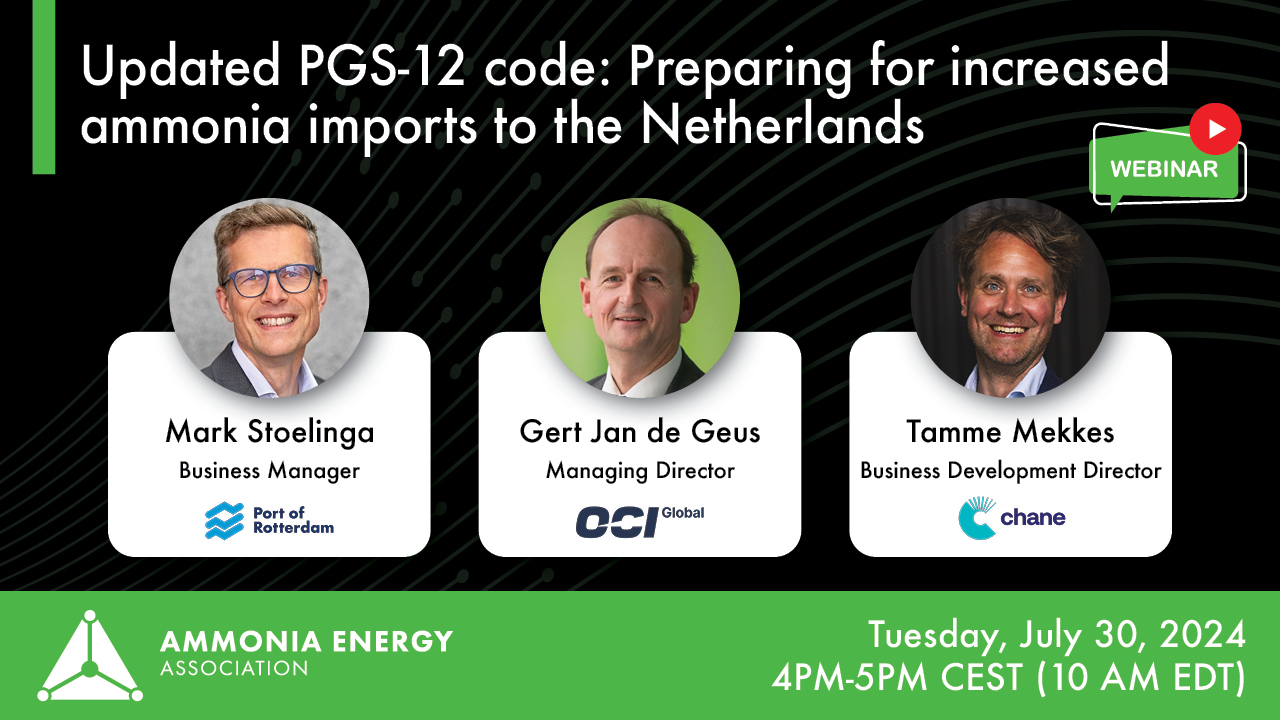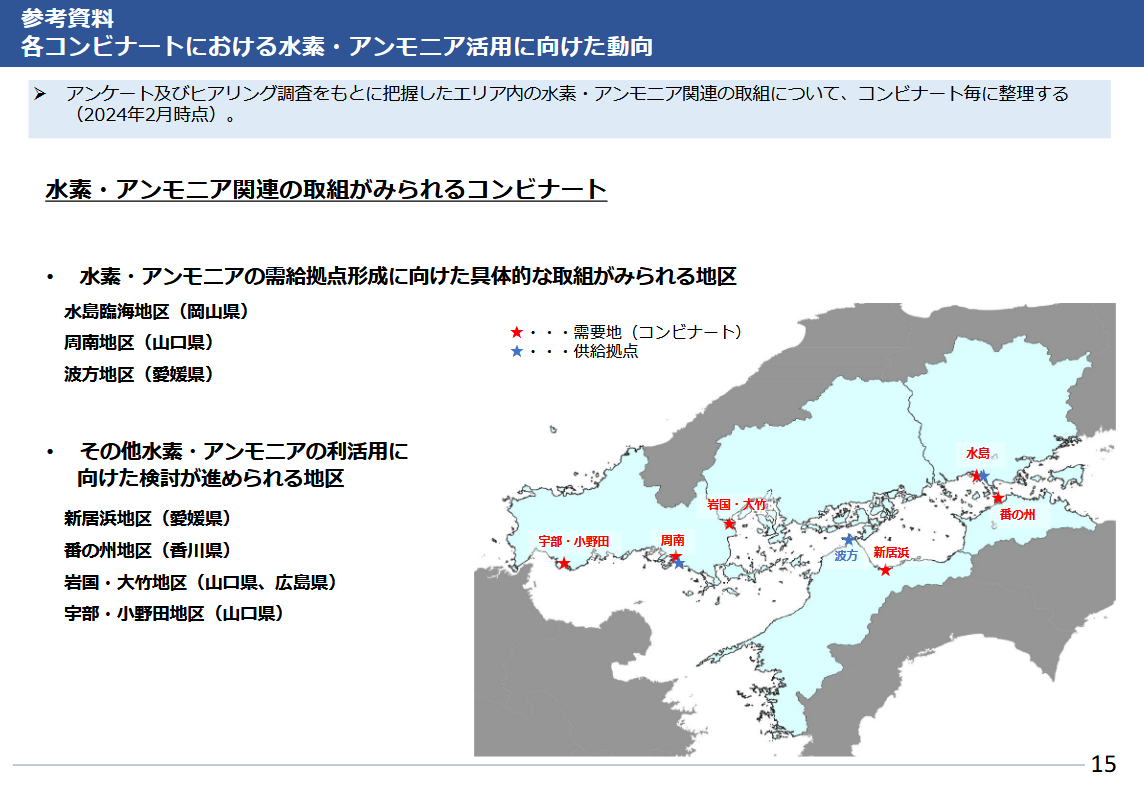Regulations
MPA Singapore: ammonia bunkering standards by 2025
Maritime & Port Authority Singapore announced that it will finalise ammonia bunkering standards for the island nation by next year.
Updated PGS-12 code: Preparing for increased ammonia imports to the Netherlands
In our July episode of Project Features, we were joined by the Port of Rotterdam, OCI Global and Chane to explore current and future ammonia imports into Rotterdam. With significant ammonia import targets set for 2050, terminal projects are already underway in Rotterdam, including a four-phase expansion of OCI Terminal Europoort, and a new distribution hub from Chane. These developments will proceed according to a modern, updated set of guidelines for ammonia storage and handling in the Netherlands, known as PGS-12.
FuelEU: countdown to entry into force
The FuelEU Maritime Regulation is set to launch on August 31, requiring companies to submit monitoring plans ahead of its full implementation in January 2025. With modest initial targets and sophisticated compliance mechanisms like banking, borrowing, and pooling, the scheme offers flexibility while driving innovation in sustainable maritime technologies. The scheme also offers extra incentives for companies to proactively embrace Renewable Fuels of Non-Biological Origin (RFNBOs), before mandates enter into force next decade.
Updated PGS-12 code: Preparing for increased ammonia imports to the Netherlands
Meet the Port of Rotterdam, OCI Global and Chane, three organisations at the forefront of preparing the Netherlands for increased ammonia imports. In this webinar, learn how updates to PGS-12 - the Dutch national guideline for ammonia storage and handling - will help unlock expanded ammonia imports to Rotterdam and other key ports.
Transitioning to ammonia & hydrogen power in Chugoku, Japan
The Ministry of Economy, Trade and Industry has published a regional strategy to decarbonise the power generation ecosystem in the Chugoku region, Japan. The strategy predicts the region will require more than 3 million tons of fuel ammonia by 2030, and highlights several ongoing industrial initiatives to demonstrate the use of ammonia fuel & establish local import infrastructure.
